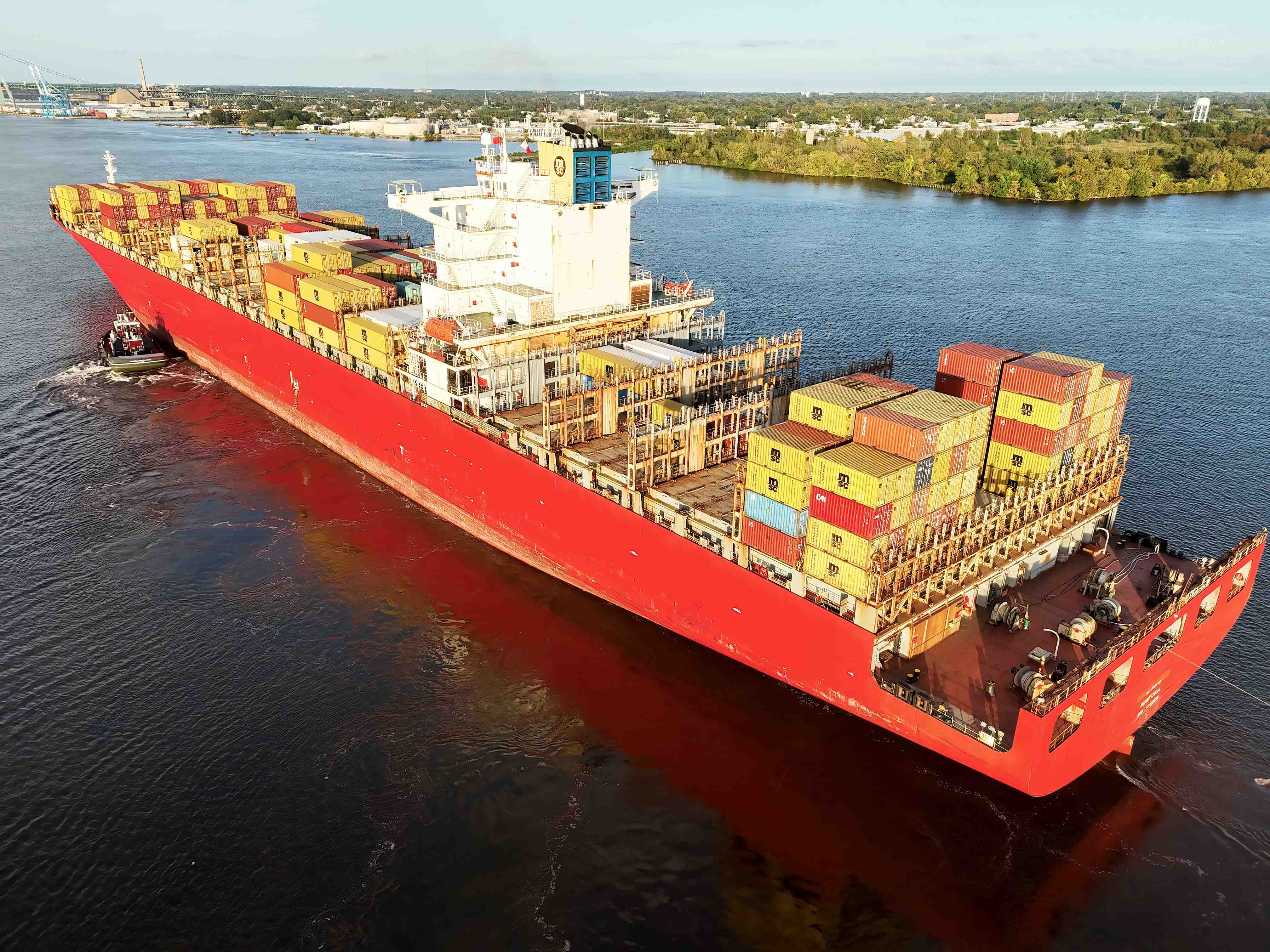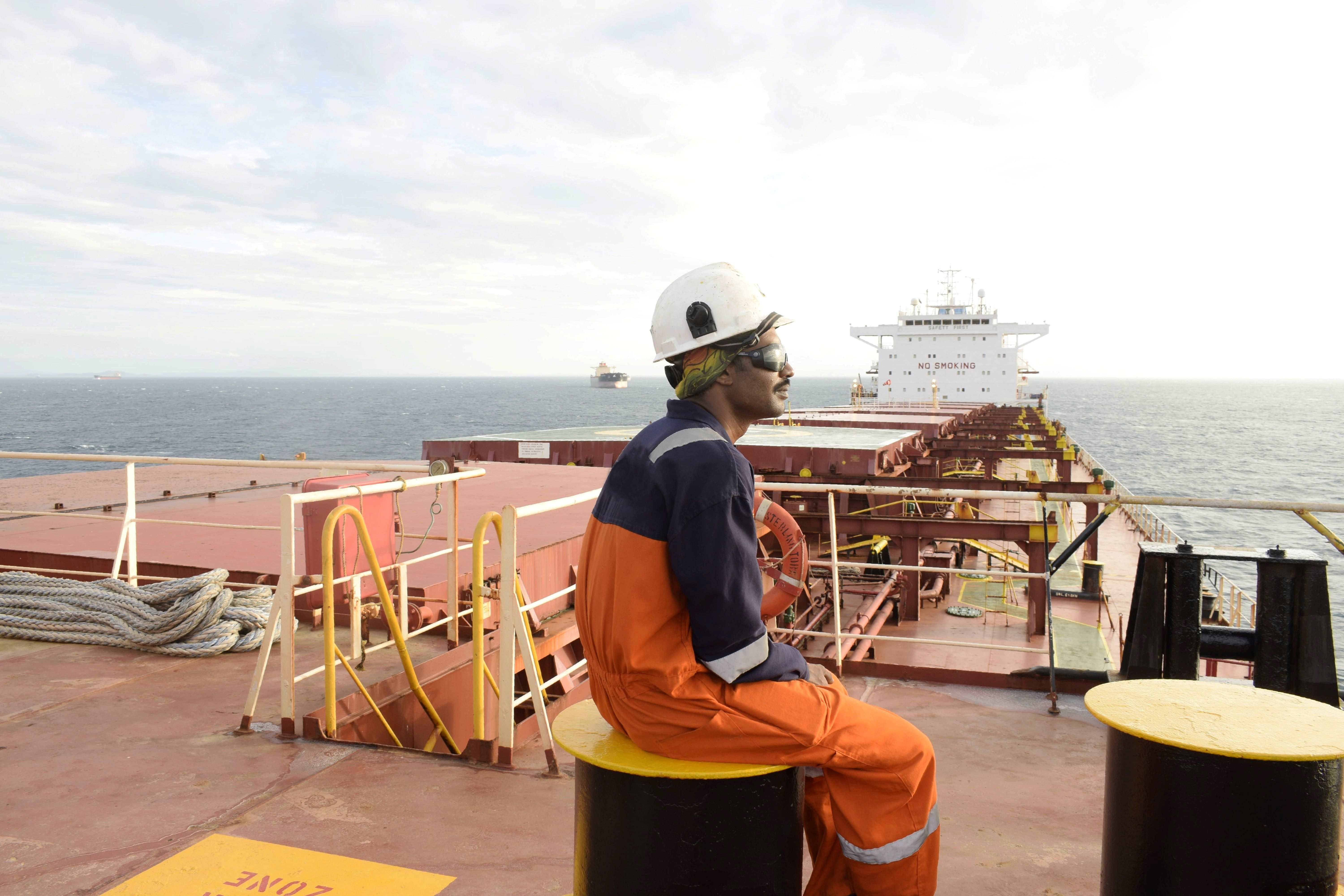Piracy and Violence: an unacceptable problem
As the threat of piracy and violence against crews continues, shipping companies must remain vigilant and ensure they adhere to best practices
Piracy, theft, hostage taking and attacks on ships’ crew may be perennial threats. This does not make them any less unacceptable. Piracy and armed attacks against shipping are a global problem and require a concerted response by the international community at the highest level.
Although cooperation between industry, States and Navies has reduced the threat in some parts of the world, piracy and armed robbery continue to impact the lives of seafarers and the free flow of trade.
State of play
IMB reported that sixty-five incidents of piracy and armed robbery against ships were recorded in the first half of 2023, an increase from 58 incidents for the same period in 2022.
Of the 65 incidents reported, 57 vessels were boarded, four had attempted attacks, two were hijacked and two were fired upon. Perpetrators successfully boarded 90% of targeted vessels. Violence towards crew continues with 36 taken hostage, 14 kidnapped, three threatened, two injured and one assaulted.
The main areas of piracy threat remain south-east Asia and the Gulf of Guinea. Whilst cooperation between industry and Nigeria has seen a significant drop in attacks in the Gulf, concern remains that pirates will resurge in the dry season if socio-economic factors change in the Niger Delta.
Sustaining a co-ordinated approach
Piracy can only be suppressed through cooperation between industry, militaries and governments, as the successful fight against Somali piracy has demonstrated. ICS is committed to this cooperation, and continues to work widely with all relevant partners to end the threat of piracy.
ICS and other international shipowners’ associations created a website (www.maritimeglobalsecurity.org) dedicated to providing maritime security guidance to shipping companies and seafarers, as well as links to other useful maritime and military security resources.
Central to the website is best practice guidance developed by the industry to help companies and crews assess the risk of voyages and mitigate against external threats to safety.
Related content

Maritime Security: A Comprehensive Guide for Shipowners, Seafarers and Administrations, First Edition

Red Sea attacks join triple threat to global trade

Seafarer wellbeing under threat amid geopolitical conflict
